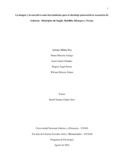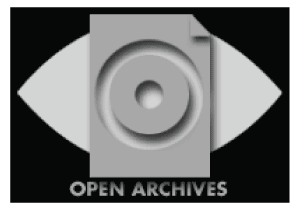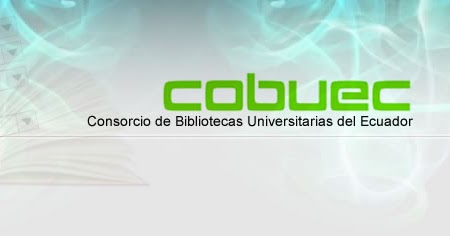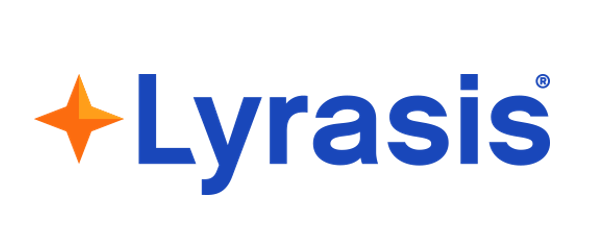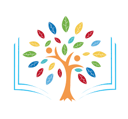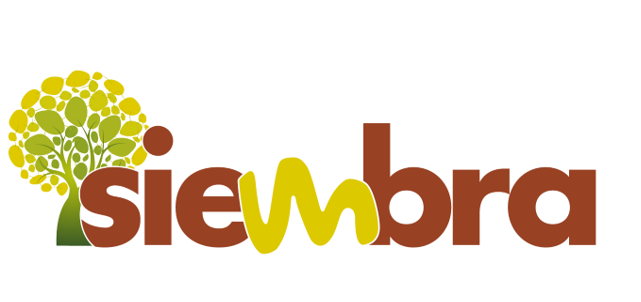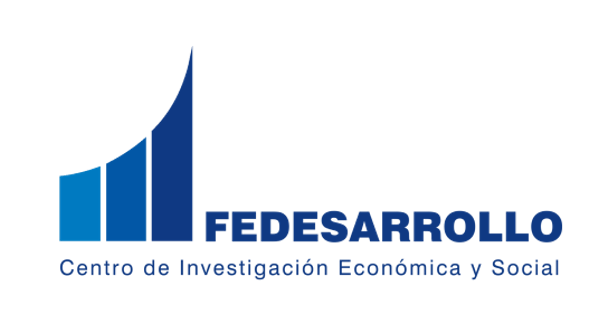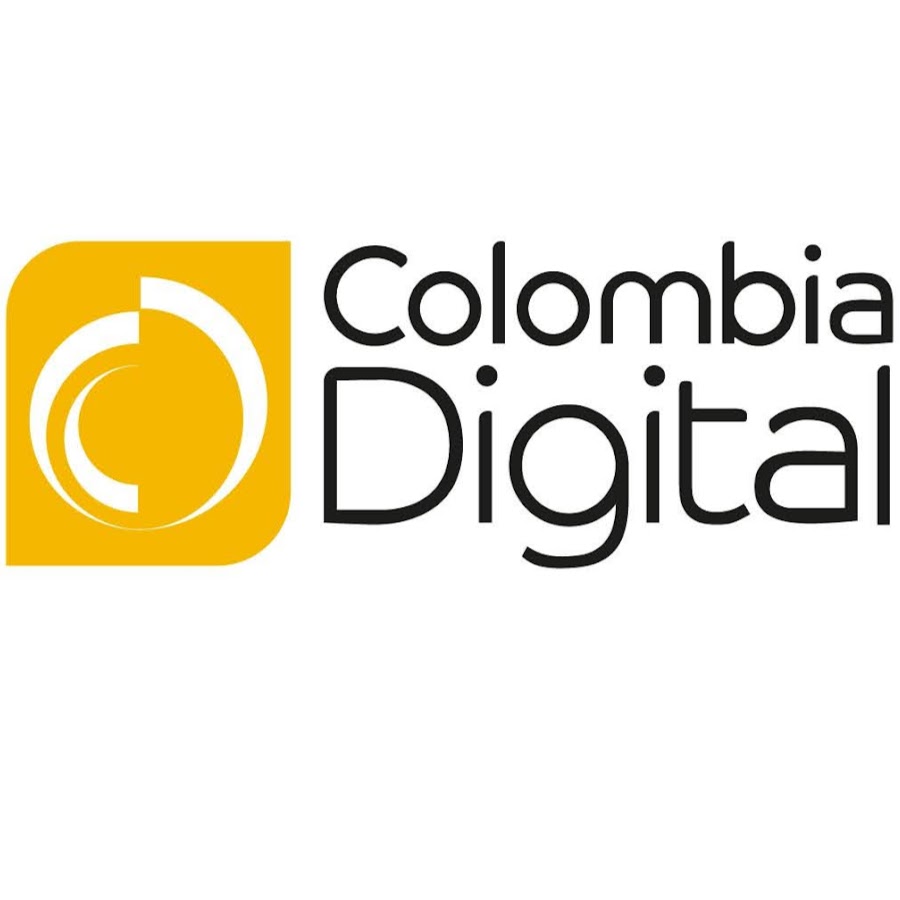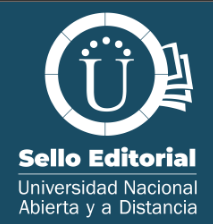Mostrar el registro sencillo del ítem
La imagen y la narrativa como herramientas para el abordaje psicosocial en escenarios de violencia. Municipios de Itagüí, Medellín, Rionegro y Ovejas
| dc.contributor.advisor | Chalar Soto, Karol Tatiana | |
| dc.coverage.spatial | cead_-_medellín | |
| dc.creator | Jimenez, Juan Camilo | |
| dc.creator | Arango, Diana Marcela | |
| dc.creator | Pua, Adriana Milena | |
| dc.creator | Sierra, Miguel Angel | |
| dc.creator | Alzate, wilmar Edisson | |
| dc.date.accessioned | 2022-08-22T05:04:20Z | |
| dc.date.available | 2022-08-22T05:04:20Z | |
| dc.date.created | 2022-08-17 | |
| dc.identifier.uri | https://repository.unad.edu.co/handle/10596/51183 | |
| dc.description.abstract | El conflicto armado en Colombia es de vieja data y ha involucrado la participación de diversos actores a lo largo de la historia del país, en contextos rurales y urbanos, dejando como consecuencias múltiples problemáticas de afectación a la geografía, medio ambiente y en particular a las personas, ya sea a actores activos en confrontaciones bélicas o población civil, que circunstancialmente son involucrados y afectados por el conflicto armado; a partir de la cual surgen relatos que desde la narrativa dan cuenta de su experiencia vivencial que permite el abordaje a estas situaciones de violencia. En esta oportunidad se partió del relato de Carlos Arturo, quien experimentó un evento traumático por la detonación de un artefacto explosivo abandonado por las FACR, donde muere su amigo y Carlos queda con múltiples lesiones; en el caso se identificó diferentes emergentes psicosociales que se aplicaron al análisis de su relato, conduciendo a la estructuración de un proceso de abordaje que tomó como referente a la comunidad de Peñas Coloradas, a formular preguntas circulares, reflexivas y estratégicas como propuestas de acción psicosocial aplicables a esta comunidad y proactivas hacia la superación de condiciones de victimización. La aplicación de la herramienta foto voz, permite de manera particular en algunos municipios específicos de los departamentos de Antioquia y Sucre, localizar e identificar en los escenarios situaciones y aspectos que se asocian con la violencia que evidencian no solo la violencia en sí, sino también, aspectos dinámicos y evolutivos que dan pautas, en pro de la superación o transformación como parte integral del proceso de algunas comunidades, no solo desde una retrospectiva histórica, pues se logra de manera proyectiva plantear acciones con vistas al futuro que velen por el bienestar de la comunidad y la superación de los momentos de violencia sin propender por el olvido. | |
| dc.format | ||
| dc.title | La imagen y la narrativa como herramientas para el abordaje psicosocial en escenarios de violencia. Municipios de Itagüí, Medellín, Rionegro y Ovejas | |
| dc.type | Curso de Profundización | |
| dc.subject.keywords | Emergentes Psicosociales | |
| dc.subject.keywords | Eventos traumáticos | |
| dc.subject.keywords | Narrativa | |
| dc.subject.keywords | Sociedad | |
| dc.subject.keywords | Victimas | |
| dc.description.abstractenglish | The armed conflict in Colombia is long-standing and has involved the direct participation of various actors throughout the country's history in different contexts, both rural and urban, leaving as consequences multiple problems of direct and indirect affectation to geographies, the environment and in particular to people, whether active actors in armed confrontations or the civilian population, who are circumstantially involved and affected by the armed conflict; from which stories emerge that from the narrative give an account of their experiential experience that allows the approach to these situations of violence. On this occasion, the story of Carlos Arturo was based on, who experienced a traumatic event due to the detonation of an explosive device abandoned by the FACR, where his friend died and Carlos was left with multiple injuries; In the case, different psychosocial emergents were identified that were applied to the analysis of their story, leading to the structuring of an approach process that took the community of Peñas Coloradas as a reference, to formulate circular, reflective and strategic questions as proposals for psychosocial action. applicable to this community and proactive towards overcoming conditions of victimization. The application of the photo-voice tool allows, in a particular way, in some specific municipalities of the departments of Antioquia and Sucre, to locate and identify situations and aspects associated with violence in the scenarios that show not only the violence itself, but also , dynamic and evolutionary aspects that give guidelines, in favor of overcoming or transformation as an integral part of the process of some communities, not only from a historical retrospective, since it is achieved in a projective way to propose actions with a view to the future that ensure the well-being of the community and overcoming moments of violence without tending towards oblivion. | |
| dc.subject.category | Psicología |

